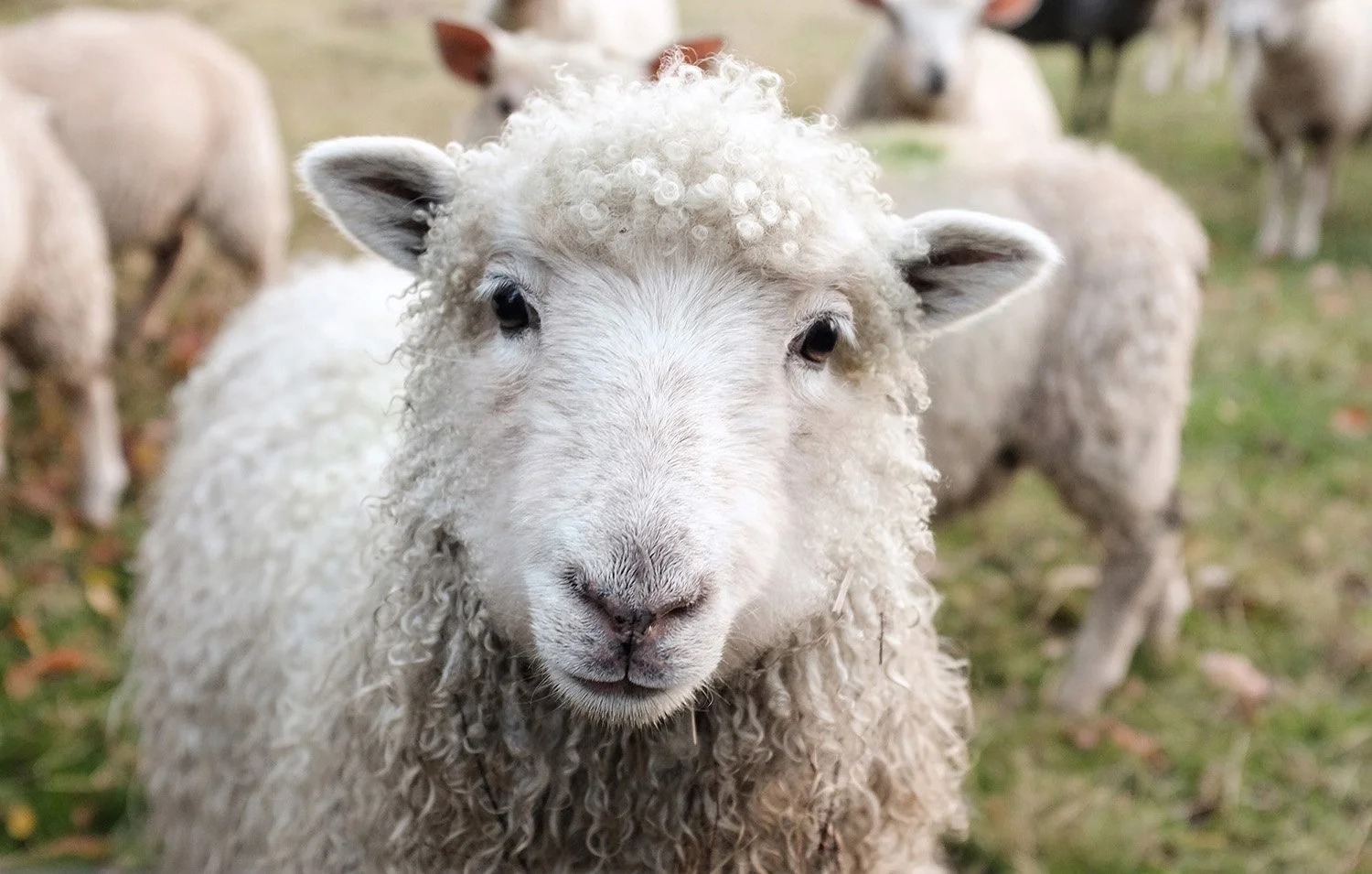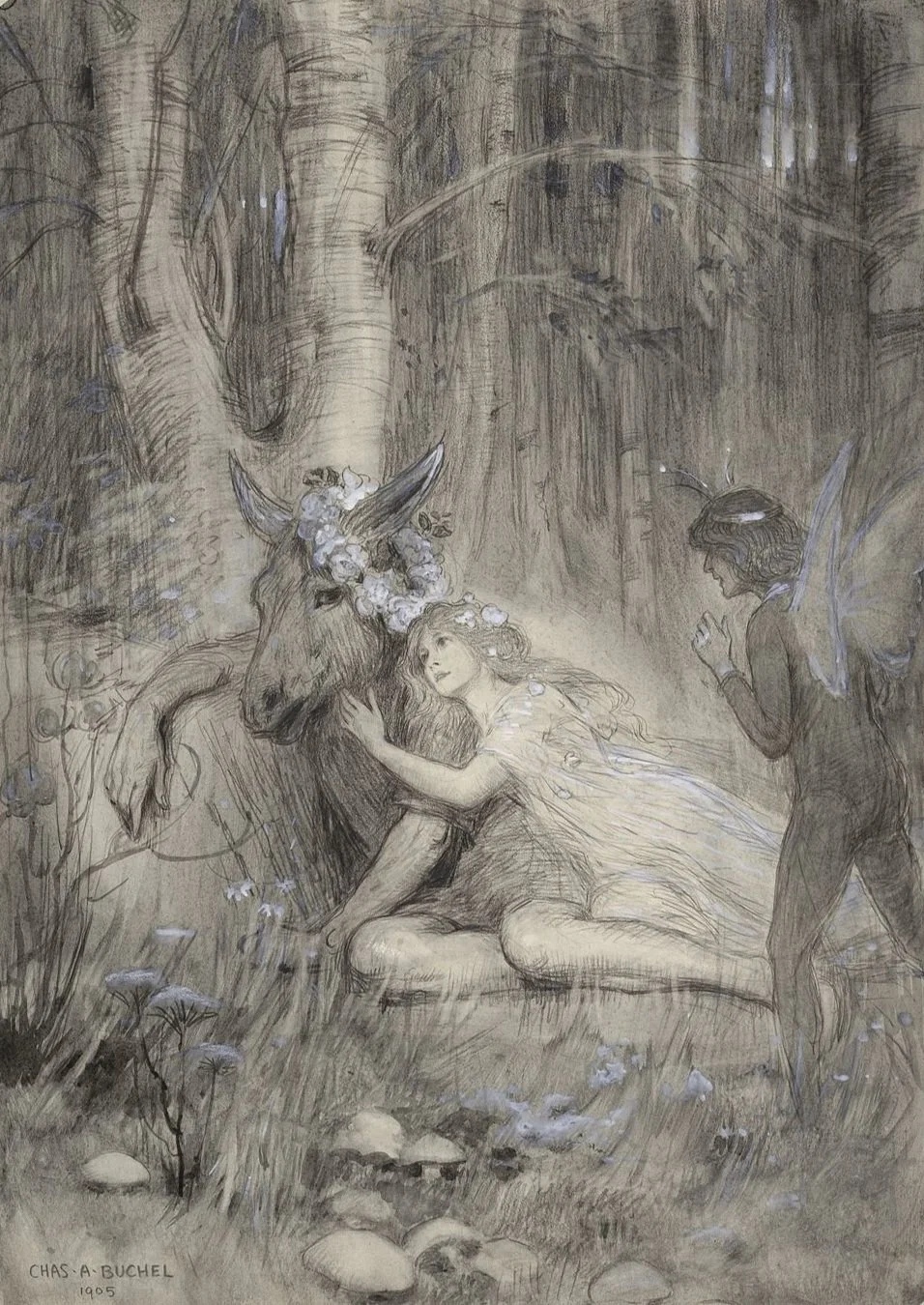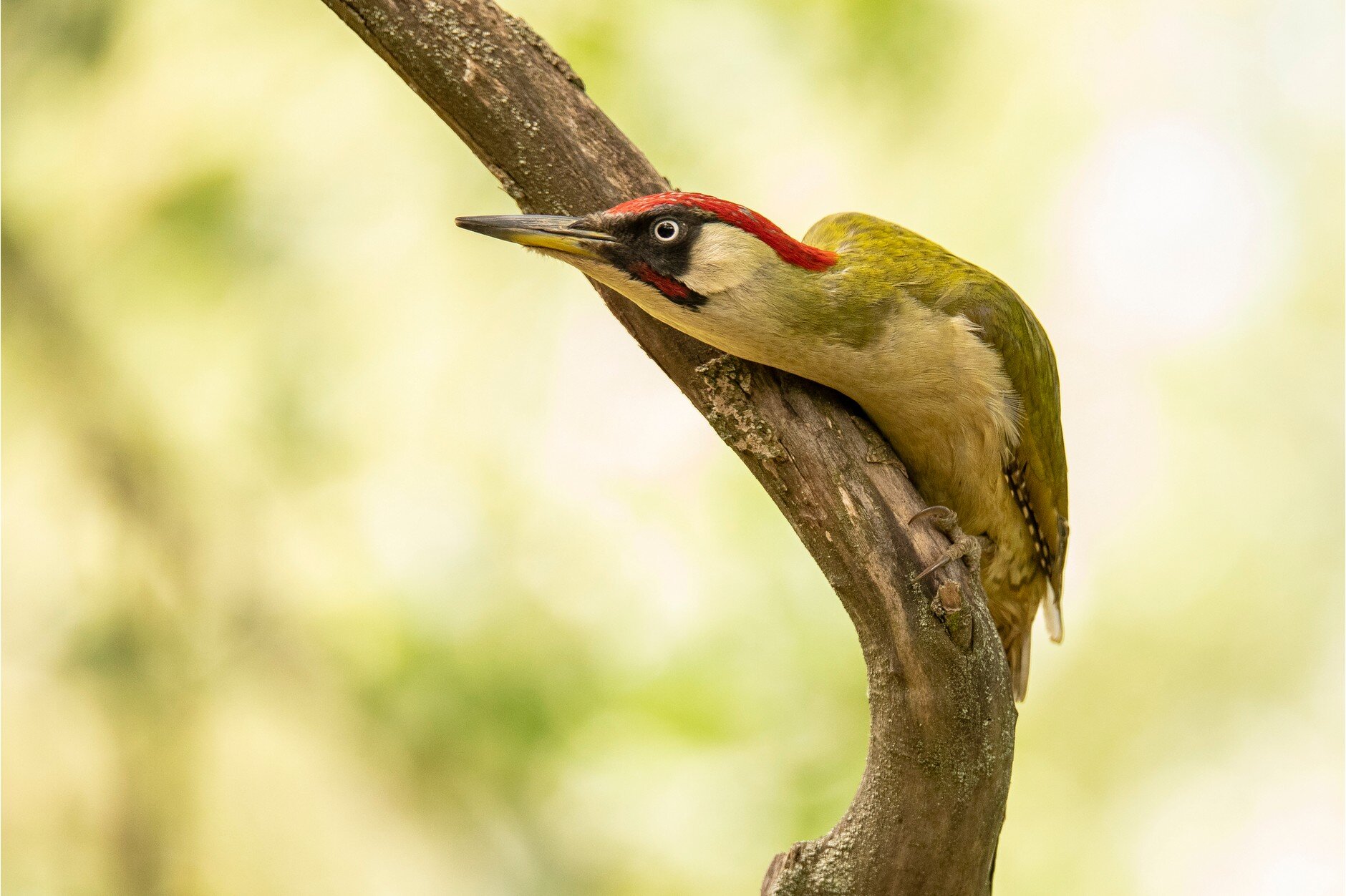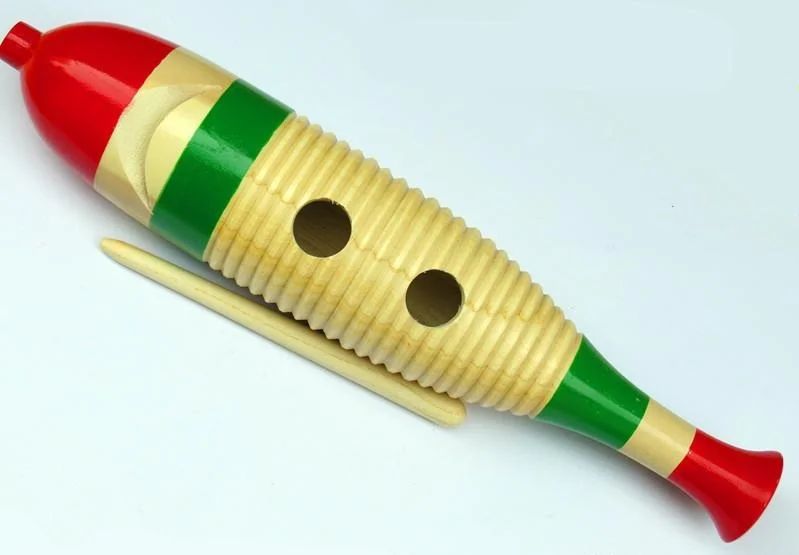Word of the week: While it’s entirely natural in animals such as sheep as well as some humans, depending on an individual’s point of view it’s either a blessing or a curse. From Greek words oûlos (crisp, curly) and -trikhos (haired), this adjective means having curly or woolly hair
Read moreWord of the week: ulotrichous
Sheep are naturally ulotrichous




















